15 Smart Money Moves You'll Be Thankful You Made

15 Smart Money Moves You'll Be Thankful You Made
Set yourself up for success with these money moves
Making the right money moves sometimes requires a little hard work and a little sacrifice. But when you make smart decisions in managing your finances, you'll set yourself up for success.
When your efforts pay off and you find yourself with the security you deserve, you'll be very thankful that you made the effort.
Our credit card expert uses this card, and it could earn you $1,148 (seriously)
As long as you pay them off each month, credit cards are a no-brainer for savvy Americans. They protect against fraud far better than debit cards, help raise your credit score, and can put hundreds (or thousands!) of dollars in rewards back in your pocket each year.
But with so many cards out there, you need to choose wisely. This top-rated card offers the ability to pay 0% interest on purchases until late 2021, has some of the most generous cash back rewards we’ve ever seen (up to 5%!), and somehow still sports a $0 annual fee.
That’s why our expert – who has reviewed hundreds of cards – signed up for this one personally. Click here to get free access to our expert’s top pick.
Previous
Next
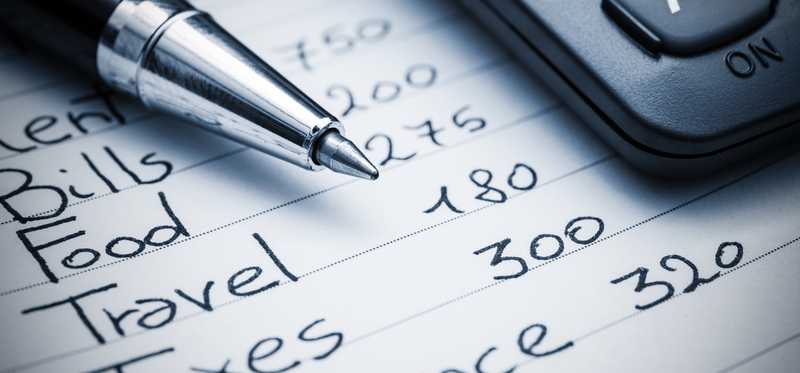
1. Making a budget
A budget lays the foundation for all the money decisions you make throughout your life. Your budget ensures you don't overspend, that you're devoting money to the necessities, and that you're spending money according to your values.
Unfortunately, many people live without a budget, which could be a major financial mistake. If you're one of them, taking the time to make a budget could be the financial move you're most thankful for when it allows you to take better control over where your money is going.
Previous
Next

2. Tracking your spending
A budget tells you where your money should go, but keeping track of your spending gives you insight into where it's really going.
By tracking your spending for a period of time -- say, around 30 days -- you can get a clear picture of what you're overspending on and what cuts would be realistic.
You can use an app to track spending, but manually writing down your purchases and entering them into a spreadsheet can work even better because it makes you even more conscious of where your money is going.
Previous
Next
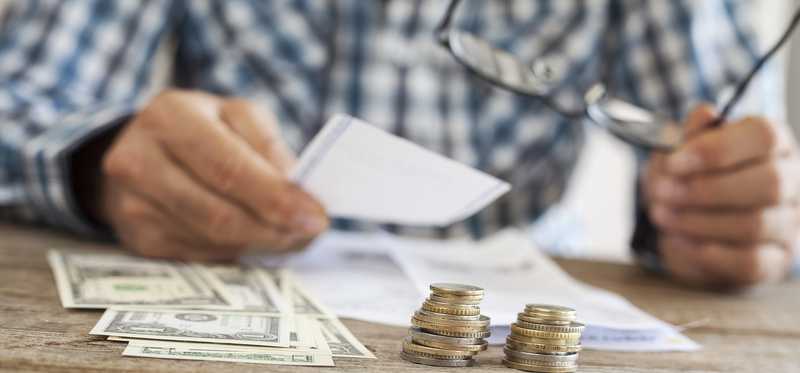
3. Negotiating your monthly expenses
Most people have fixed monthly expenses, from cellphone bills to gym memberships. Taking a careful look at them is a good way to easily reduce your cash outflows.
In some cases, you may decide that a monthly recurring expense is no longer justified. If so, you can cancel your membership or subscription.
But even if you want to continue your relationship with a certain company, don't assume you just have to accept your current cost. It doesn't hurt to call your gym or cable or cellphone company and ask how you can save.
Previous
Next
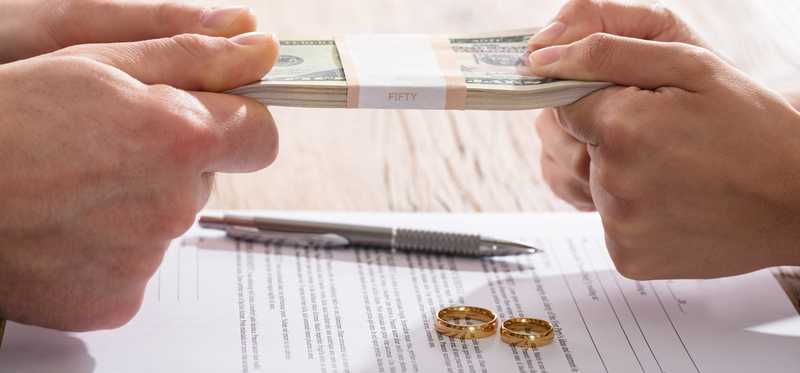
4. Getting on the same page with your partner
If you're married or in a romantic relationship with a partner, that person's spending is going to influence yours.
You don't want your beloved to make it harder for you to accomplish your financial goals, so sit down together and talk about how you want to handle money.
By getting on the same page about key financial goals and about your joint budget, you can make sure you help keep each other on track to accomplish big things.
ALSO READ: How to Have an Honest Talk About Money With Your Significant Other
Previous
Next
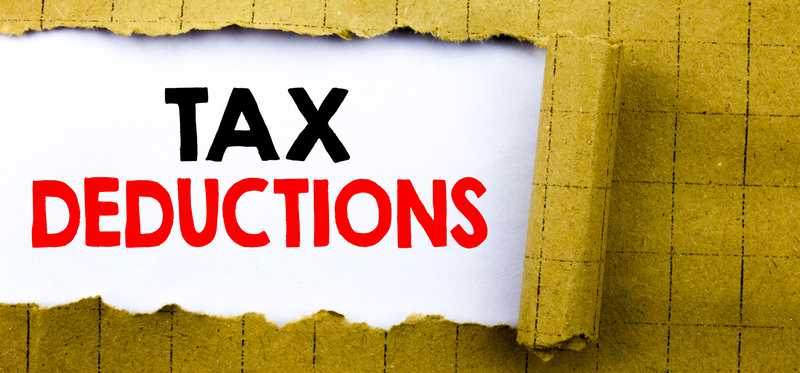
5. Taking advantage of tax breaks for retirement savings
Saving for retirement is one of the most important financial goals you'll probably set. The good news is, you can get lots of help with it from Uncle Sam.
To get free money to invest, contribute as much as you can to your 401(k) and IRA. The amount you invest will be deducted from your taxable income, which means the government subsidizes the contributions you're making.
A $1,000 contribution would reduce your take-home pay by just $780 if you're in the 22% tax bracket.
Our credit card expert uses this card, and it could earn you $1,148 (seriously)
As long as you pay them off each month, credit cards are a no-brainer for savvy Americans. They protect against fraud far better than debit cards, help raise your credit score, and can put hundreds (or thousands!) of dollars in rewards back in your pocket each year.
But with so many cards out there, you need to choose wisely. This top-rated card offers the ability to pay 0% interest on purchases until late 2021, has some of the most generous cash back rewards we’ve ever seen (up to 5%!), and somehow still sports a $0 annual fee.
That’s why our expert – who has reviewed hundreds of cards – signed up for this one personally. Click here to get free access to our expert’s top pick.
Previous
Next
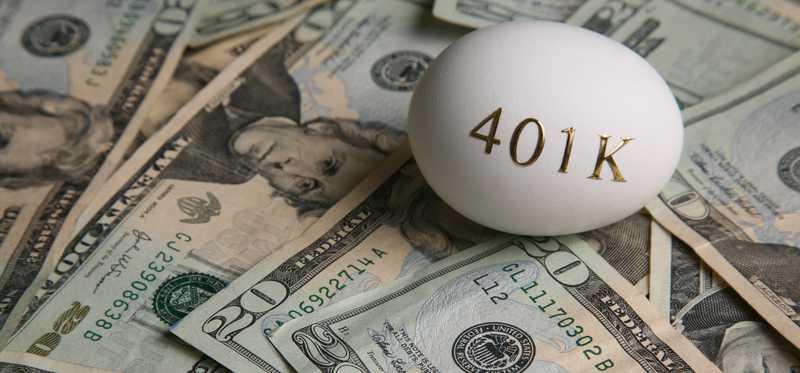
6. Contributing enough to earn your full employer match
Speaking of free retirement money, you can score more of it by taking advantage of your employer match.
Many employers match a percentage of contributions you make to your 401(k). If yours does, make certain you contribute as much as you need to earn the maximum match so you can claim all the free money your company is making available to you.
Previous
Next
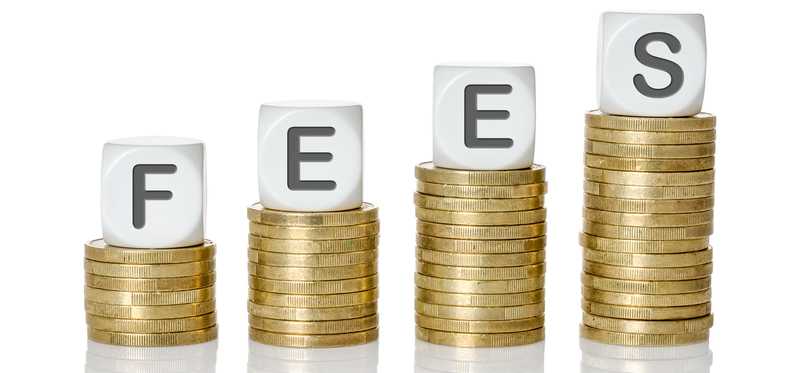
7. Watching your investment fees
Investment fees can eat into your returns and reduce the amount of money you have left. This can make an especially big impact when you're saving for retirement over the course of your life and your money is invested for a long time.
Look for brokerages that don't charge you commissions and that offer access to plenty of low-fee investments you can put your money into to keep costs down.
Previous
Next
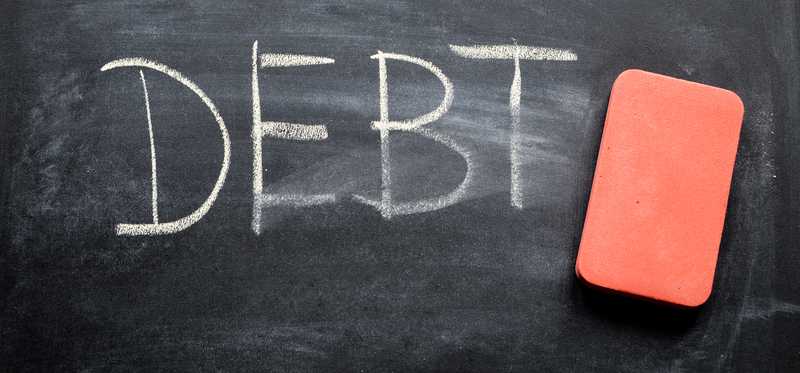
8. Avoiding (or paying off) high-interest debt
High-interest debt can be a financial disaster. Every purchase you make that you pay interest on becomes more expensive. And every dollar of interest you owe is a dollar you can't use to accomplish your own financial goals.
Steer clear of carrying a balance on credit cards and make absolutely sure to avoid very expensive debt such as payday loans. If you must borrow, look for 0% APR cards and pay off your bill before interest starts being charged.
If you're already in debt, make a plan to pay it off ASAP by making extra payments as often as you can.
Previous
Next
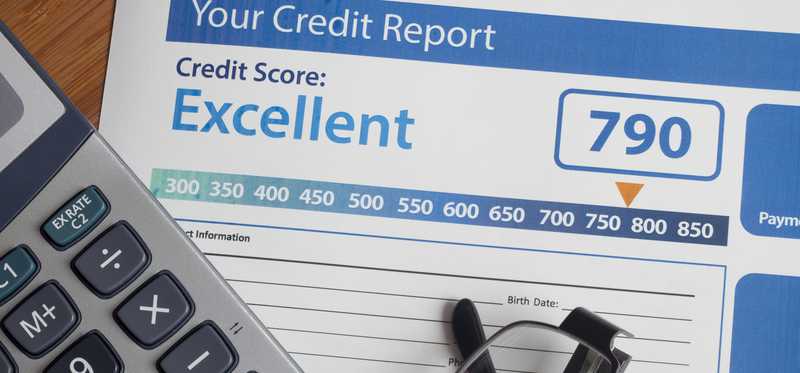
9. Keeping tabs on your credit report
Your credit report is one of the single most important documents that affects your finances, so it just makes sense to keep a close eye on it.
You can check your credit report for free from multiple online websites, including AnnualCreditReport.com, which allows you to obtain a copy of your report from each of the major credit reporting agencies once per year at no cost to you.
Monitoring your credit can help you fight identity theft and quickly address any errors that appear in your history. You can also see how your paying off your debt (or increasing it) will affect your score.
Previous
Next
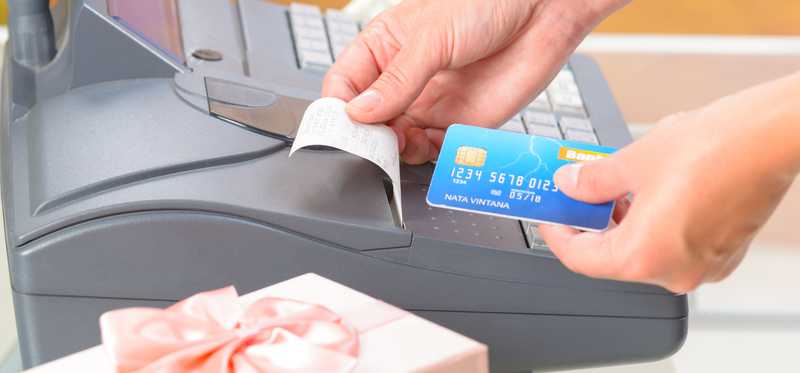
10. Choosing the right credit cards
While you don't want to carry credit card debt, using credit cards in a smart way can do great things for your finances.
Using credit cards and paying off your balance on time can help you to build a positive credit history, which raises your credit score.
If you pick the right credit cards, you can also earn generous rewards or cash back for spending you were going to do anyway -- which will make your money stretch further.
Our credit card expert uses this card, and it could earn you $1,148 (seriously)
As long as you pay them off each month, credit cards are a no-brainer for savvy Americans. They protect against fraud far better than debit cards, help raise your credit score, and can put hundreds (or thousands!) of dollars in rewards back in your pocket each year.
But with so many cards out there, you need to choose wisely. This top-rated card offers the ability to pay 0% interest on purchases until late 2021, has some of the most generous cash back rewards we’ve ever seen (up to 5%!), and somehow still sports a $0 annual fee.
That’s why our expert – who has reviewed hundreds of cards – signed up for this one personally. Click here to get free access to our expert’s top pick.
Previous
Next

11. Taking advantage of refinancing opportunities
Most people have to borrow money at some point in their lives, whether it's to buy a house or a car.
When you borrow, you should keep tabs on how interest rates change over time. If rates drop, you may be able to save substantially by refinancing your loan. Mortgage rates are currently near record lows, for example, so you may be able to save tens of thousands of dollars in interest by refinancing your home loan.
You may also be able to also use a personal loan to refinance high-interest credit card debt, potentially reducing your rate and making payoff easier.
Previous
Next

12. Picking the bank that's best for you
When you get your paychecks, they'll most likely be deposited into a bank account. And your bank will probably be the place where your money lives until you direct it toward other goals, such as investment or spending or debt payoff.
You want to make sure the bank you've chosen to store your funds is the right one. To do that, check the fees you're being charged and the interest you're being offered.
Try to steer clear of accounts that charge lots of fees, such as a monthly account maintenance fee. And if you're choosing a bank for your savings account, shop around for interest rates to get the best offer.
Previous
Next
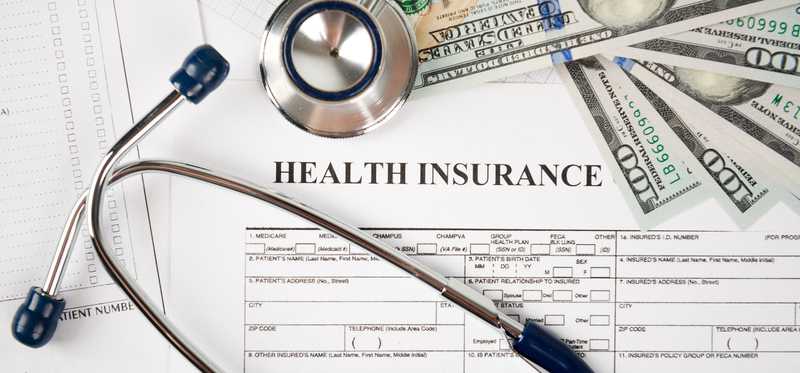
13. Securing the right insurance coverage
Insurance protects you from catastrophic loss if you get hurt or sick, if you hurt someone else, or if something happens to your valuable possessions.
At a minimum, you'll need health insurance, car insurance, and homeowner or renters insurance to cover your property, possessions, and potential losses if someone gets hurt at your home.
You may also wish to look into life insurance to protect your loved ones; disability insurance to replace wages if you can't work; and an umbrella policy to provide broader protection for your assets in case something really goes wrong.
Previous
Next
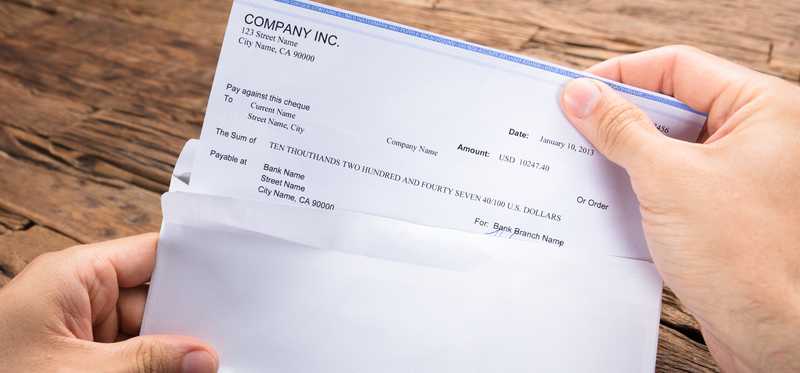
14. Maximizing your income
The higher your earnings, the more money you'll have to work with. You can cut spending only so far, so ultimately there will come a point where you have to increase your income if you want to accomplish bigger things with your money.
Fortunately, there are lots of ways to raise the amount you earn. Start by always negotiating your salary when beginning a new job or during annual performance reviews. You can also work on increasing your skills or consider a side hustle if you want to earn even more.
Previous
Next
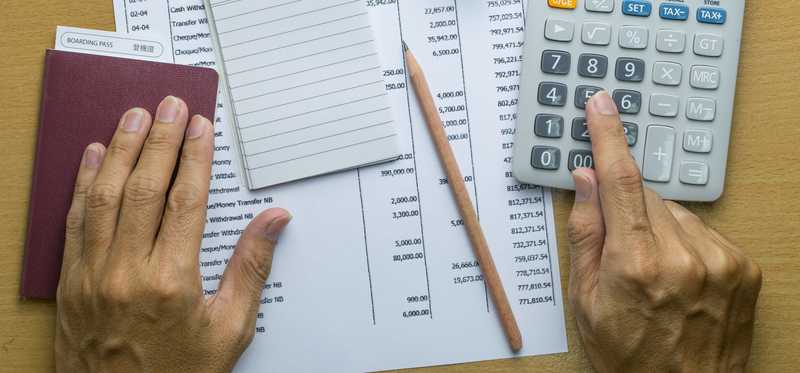
15. Tracking your net worth
Your net worth is the sum total of your assets (all the things you own) minus your liabilities (all the debt obligations you have).
If you're managing your money wisely, your net worth should go up over time. You can track it as a kind of score card to see if the money moves you're making are paying off for you or if you need to change course.
Our credit card expert uses this card, and it could earn you $1,148 (seriously)
As long as you pay them off each month, credit cards are a no-brainer for savvy Americans. They protect against fraud far better than debit cards, help raise your credit score, and can put hundreds (or thousands!) of dollars in rewards back in your pocket each year.
But with so many cards out there, you need to choose wisely. This top-rated card offers the ability to pay 0% interest on purchases until late 2021, has some of the most generous cash back rewards we’ve ever seen (up to 5%!), and somehow still sports a $0 annual fee.
That’s why our expert – who has reviewed hundreds of cards – signed up for this one personally. Click here to get free access to our expert’s top pick.
Previous
Next

Now is the time to make money moves that will fill your future self with gratitude
Each of these 15 money moves are things anyone can do -- and they are things virtually everyone should do.
By taking steps to earn more, spend more mindfully, and use your money as wisely as possible, you'll set yourself up for a much more secure future. You'll be very thankful that you took these actions when you live a life free of money worries.
Previous
Next
Invest Smarter with The Motley Fool
Join Over Half a Million Premium Members Receiving…
- New Stock Picks Each Month
- Detailed Analysis of Companies
- Model Portfolios
- Live Streaming During Market Hours
- And Much More
READ MORE
HOW THE MOTLEY FOOL CAN HELP YOU
-
Premium Investing Guidance
Market beating stocks from our award-winning service
-
The Daily Upside Newsletter
Investment news and high-quality insights delivered straight to your inbox
-
Get Started Investing
You can do it. Successful investing in just a few steps
-
Win at Retirement
Secrets and strategies for the post-work life you want.
-
Find a Broker
Find the right brokerage account for you.
-
Listen to our Podcasts
Hear our experts take on stocks, the market, and how to invest.
Premium Investing Services
Invest better with The Motley Fool. Get stock recommendations, portfolio guidance, and more from The Motley Fool's premium services.